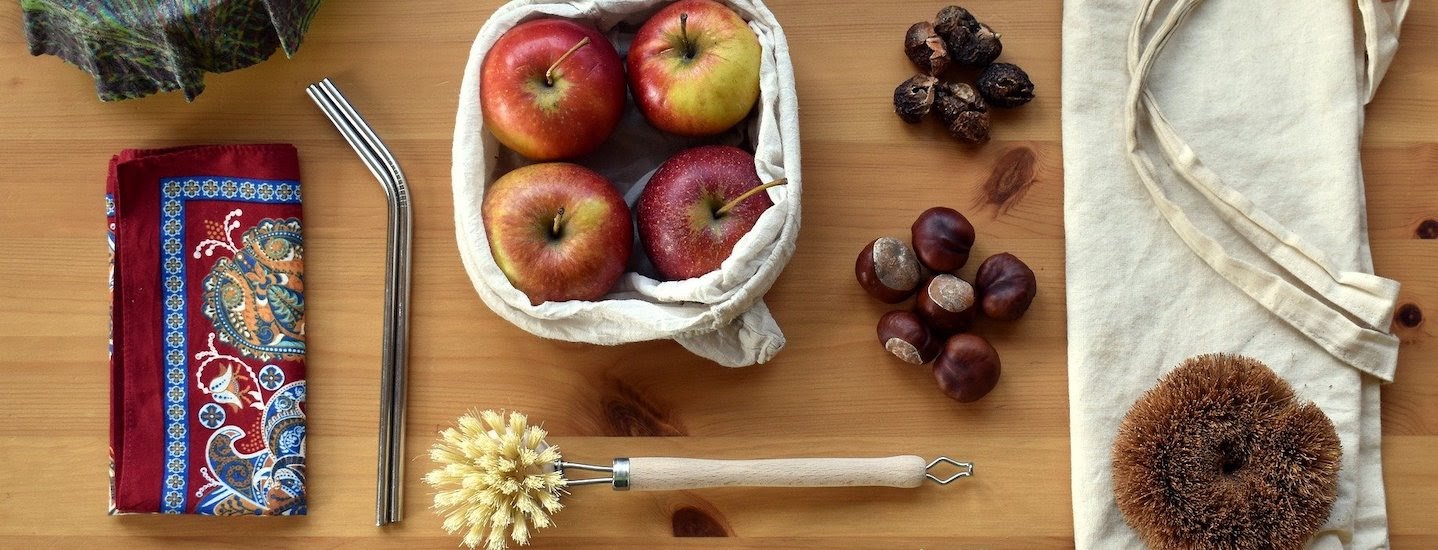
Updated June 26, 2020
In this time of uncertainty, Surfrider’s first priority is the health and well-being of our communities and members. We hope that you and your loved ones are staying safe and healthy, and we are grateful to our frontline responders. As a community, we hope to navigate these uncharted waters together in a caring and compassionate manner. For more information about Surfrider’s national approach to the COVID-19 pandemic, read this blog from our Chief Executive Officer, Chad Nelsen.
The Surfrider Foundation has been advocating for plastic pollution reduction through our Rise Above Plastics campaign for over a decade. Our efforts have resulted in bag laws and other policies that have encouraged reusable products instead of one-time, single-use products. These policies have been effective in reducing plastic consumption and are still viable. Just as we have become hyper-vigilant about cleaning everything else that we touch, we must do the same with our reusable bags, cups, and other items.
If you’re looking for more information about the coronavirus disease and the possible impacts on reusables and single-use plastics, you can rest assured that reusables are still a safe, preferred, and sustainable option when proper precautions are taken:
-
Ensure all reusables are properly cleaned prior to use - soap and hot water WILL kill the virus. According to Amesh Adalja, an infectious-disease expert at the John Hopkins University Center for Health Security, the focus should be on washing hands, not eliminating the use of your reusable water bottle.
-
Don’t forget your reusable bags when going grocery shopping for food and essential goods. It’s a good idea to wash them by hand or laundry in hot water too. Follow Emergency Orders and store policies — if reusable bags are not currently allowed, consider asking for your purchased items to be placed back in your cart so you can bag them yourself in your reusable bag outside the store.
-
Continue to use water and beverage refill stations (where allowed) — just avoid letting your reusable water bottle or cup come in contact with the spigot, same applies for coffee mugs.
-
Cook more meals at home rather than relying on take-out. When you just need a break from cooking, order from one of our Ocean Friendly Restaurants to limit the amount of plastic waste that will come with your meal.
-
Don’t shy away from your local refill shops — many are taking extreme measures to ensure sanitation such as limiting the number of customers at a time, refilling with gloves done by staff, implementing delivery options, or adding hands-free dispensing systems like the start-up MIWA in the EU.
In mid-June, over 115 scientists, academics, and doctors from 18 countries signed onto a statement reassuring retailers and consumers that reusable systems can be utilized safely during the pandemic by employing basic hygiene and protective measures.
An overarching message here is the importance of continuing to move forward with a total system overhaul to make using reusables a safe and convenient option. Businesses like Dispatch Goods are dedicated to providing the infrastructure needed to make the shift. These systems are not only better for the environment, but are more sanitary, too! Let’s not forget that plastic pollution will continue to remain a global crisis once the dust from the pandemic settles.
As new research and information about the coronavirus disease and environmental impacts surface on a daily-basis, we are working hard with our coalition partners to keep up-to-date on the latest science and will share emerging recommendations with our network as they affect our programs and campaigns. We will weather this storm together and are committed to providing support to our community during this time and beyond.
To learn about how the coronavirus disease is affecting water quality and for an overview of best safety practices, check out this blog written by our staff scientist, Katie Day.
